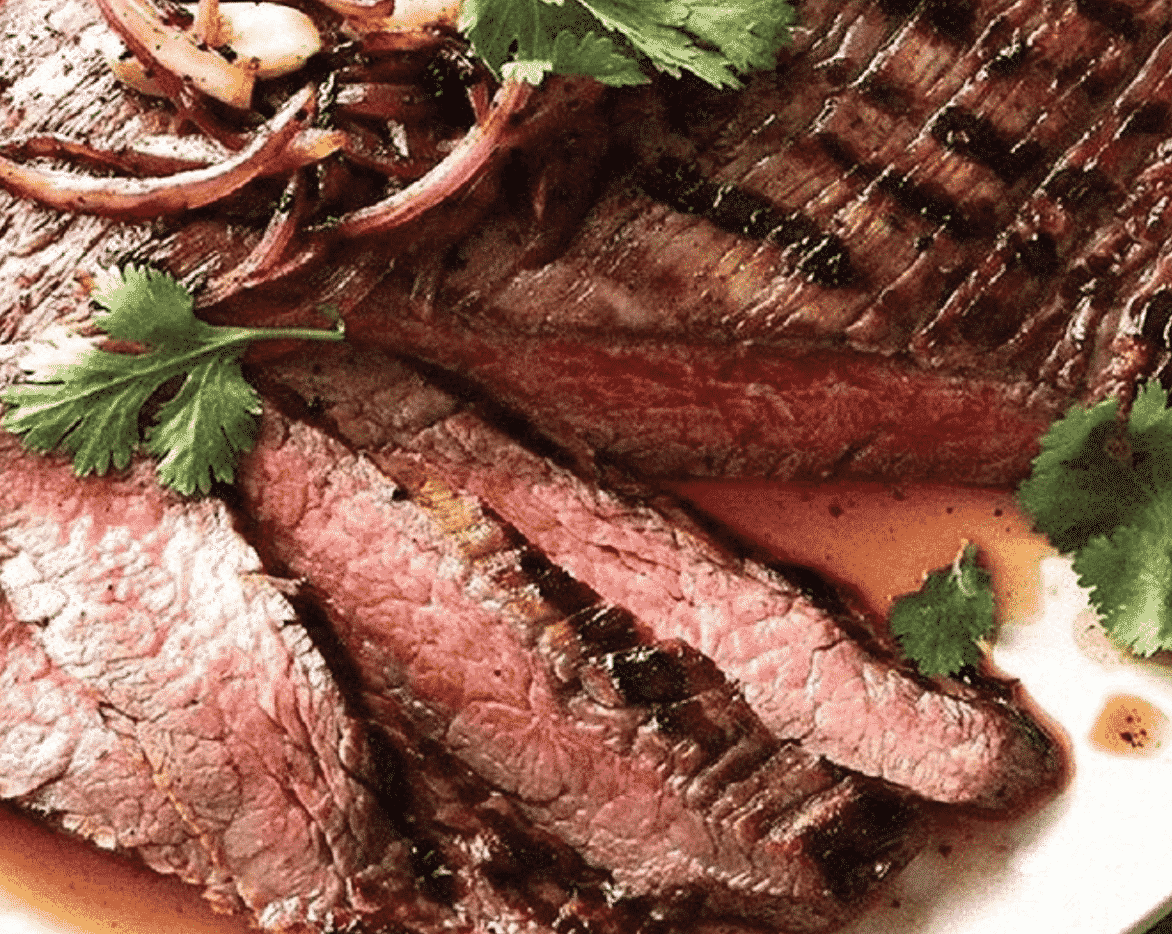



Article by: Hari Yellina
A hamburger or steak labelled “Product of the United States” could contain beef from cattle reared as far away as Australia, a flexible labelling practise that has piqued President Joe Biden’s interest as he and anti-trust officials focus on large meatpacking companies. The long-running battle over the label, which consumer advocates and ranchers believe is deceptive, elicits complaints from cattle producers about the four businesses that control 85 per cent of beef processing in the United States. Even as they deal with drought and greater feed costs, producers have grown increasingly dissatisfied with the reduced portion of soaring grocery-store prices they receive.
The issue, which is currently under investigation by the United States Department of Agriculture, provides Biden with a once-in-a-lifetime opportunity to appeal to rural voters while also addressing progressive calls to rein in corporate power. The president unveiled an endeavour earlier this month to offset the market clout of the megacorporations that dominate meat and poultry processing. It also raises concerns about the reliability of labelling at a time when consumers worried about climate change and animal welfare are looking for more information about where their food comes from and how it was reared. According to an Agriculture Department representative, just repackaging imported beef is sufficient for a “Product of the USA” designation.
Last week, Agriculture Secretary Tom Vilsack informed Congress about the Product of the USA designation, saying, “We want to make sure that people understand exactly what that means.” “As a result, we’re conducting a really comprehensive poll to see if consumers understand what it implies and whether they value it.” Current labelling laws, according to critics, weaken the bargaining position of US cattle ranchers with meatpackers and make it more difficult for independent meat processors to distinguish US-raised beef from competing products. Even if the livestock was born, grown, and slaughtered elsewhere, beef and pork can be sold as American-produced as long as it is processed in the United States.
The label fight pits two enormous political interests against one another. Meatpackers are among the major jobs in a number of states, and they maintain close ties with key legislators. Beef cattle operations make up more than a third of all farms and ranches in the United States, making them the single largest – and hence politically powerful – component of the industry.
For years, advocacy groups such as the United States Cattlemen’s Association and R-Calf, which primarily represent smaller producers, and the American Grassfed Association, which represents a niche product that commands premium prices but has lost market share to lower-cost imports, have argued that the designation should be limited to beef from cattle born, raised, and slaughtered in the United States.